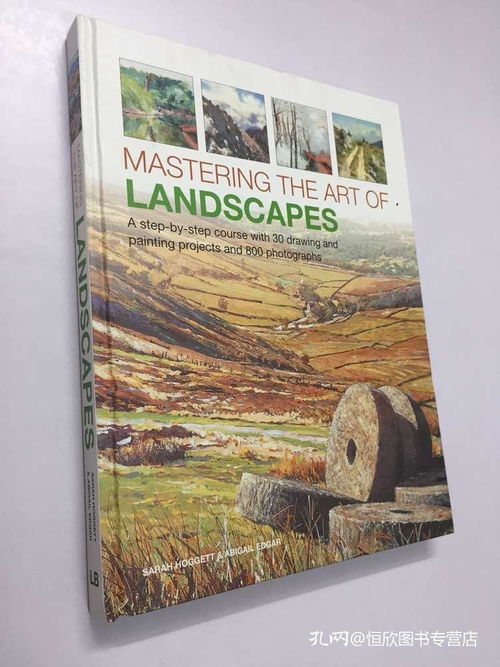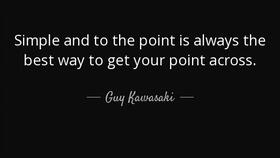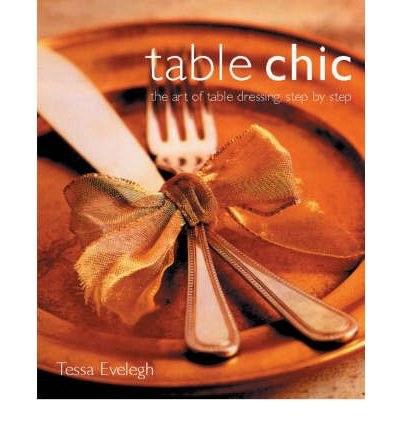Content:
Introduction: Gardening and fishing are two popular hobbies that many people enjoy. Combining these two activities can create a unique and relaxing experience. Garden angling, or fishing in your own garden, offers a tranquil escape from the hustle and bustle of everyday life. Whether you are a beginner or an experienced angler, there are several tips and techniques that can help you improve your fishing skills in your garden. In this article, we will explore the essential techniques for successful garden angling.
Choose the Right Location: The first step in garden angling is to select the perfect location. Look for a quiet and secluded spot in your garden where you can enjoy some peace and tranquility. Avoid areas that are frequently disturbed by pets, children, or other garden activities. Additionally, choose a spot that provides easy access to your garden pond or water feature.
Understand the Fish Species: Before you start fishing, it's important to understand the fish species that inhabit your garden pond. Different fish species have varying preferences for food, water temperature, and habitat. Research the fish species in your garden and learn about their habits to increase your chances of catching them. Some common garden fish include goldfish, koi, and catfish.
Select the Right Equipment: The equipment you choose will depend on the fish species in your garden and your personal preferences. Here are some essential items to consider:
- Fishing rod and reel: Choose a rod and reel that are appropriate for the size and type of fish you are targeting. A lightweight rod and reel are ideal for garden angling.
- Fishing line: Use a monofilament line with a suitable strength for the fish species in your garden. A line between 4 to 10 pounds is generally suitable for most garden fish.
- Hooks: Select hooks that are appropriate for the size of the bait and the fish you are targeting. For small fish like goldfish, use small hooks, while larger fish like catfish may require larger hooks.
- Bait: Choose bait that is appealing to the fish species in your garden. Common baits include bread, maggots, and worms. You can also use artificial lures or live bait if you prefer.
Master the Art of Casting: Casting is a fundamental skill in fishing. Practice casting in your garden to improve your accuracy and distance. Start by casting short distances and gradually increase the distance as you become more comfortable. Pay attention to your grip, stance, and the timing of your cast to ensure successful throws.
Patience is Key: Garden angling requires patience. Fish may not bite immediately, so be prepared to wait. Keep your focus and enjoy the peaceful surroundings. Take the time to observe the water and look for signs of fish activity, such as ripples or bubbles, which can indicate their presence.

Read the Water: Understanding the behavior of fish in your garden pond is crucial for successful fishing. Pay attention to the water's surface, as fish often feed near the edges or in areas with a lot of vegetation. Look for areas where the water is deeper or has more cover, as these can be ideal spots for fish to hide.
Adapt Your Techniques: Different fish species may require different techniques. For example, goldfish are often easier to catch with bread or bread soaked in milk, while catfish may be more responsive to live bait or artificial lures. Experiment with various techniques to see what works best for the fish in your garden.
Clean and Store Your Equipment Properly: After your fishing session, it's important to clean and store your equipment properly. This will help prevent rust and ensure that your gear remains in good condition for future use. Clean your fishing rod, reel, and line thoroughly, and store them in a cool, dry place.
Conclusion: Garden angling can be a rewarding and enjoyable hobby for people of all ages. By following these essential tips and techniques, you can improve your chances of catching fish in your garden. Remember to be patient, observe the water, and adapt your techniques as needed. With practice and persistence, you'll soon become a master of garden angling and enjoy many peaceful and successful fishing sessions in your own backyard.












